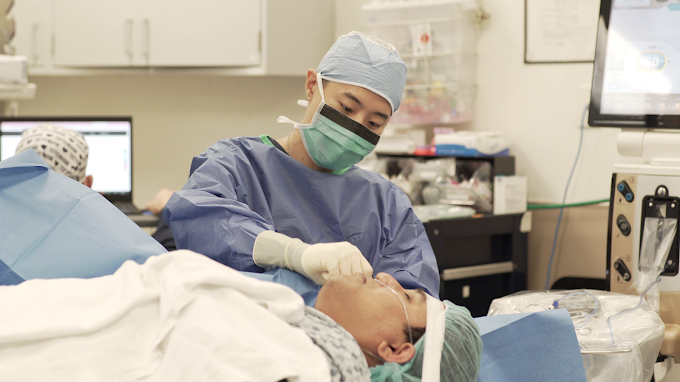
All About Cataract Surgery
100% of people will develop cataracts with time
Cataracts are the world’s leading cause of decreased vision. Symptoms may vary. However, cataracts can be treated, and even restore sight and vision.
How do cataracts affect vision?
Cloudy or Blurry Vision
Your vision (even with glasses) isn’t quite clear, and it’s harder to see road signs. Colors may be washed out, and objects/faces may look a bit hazy. Some people with cataracts may feel like they are seeing through a slight fog.
Difficulty reading in low light
Cataracts can make reading harder, needing more light and causing blur, shadows, or fuzz around letters. Small print may be unclear and take longer to read, even with glasses.
Poor Night-Time and Low-light vision
Difficulty seeing at night
One of the earliest symptoms of cataracts is that, often, your vision at night is poor. You may have trouble reading road signs, and find that seeing things clearly in low-light conditions is more difficult
Glare at night
You may notice a lot of glare from car headlights, street lights, or other light sources at night. This glare may be bothersome, and make it very difficult to see other objects (like pedestrians) or read road signs.
How do I get rid of Cataracts?
Cataracts form as part of natural age-related changes to lens in the eye. These normal eye changes begin to happen around age 40, when many people start to need reading glasses or bifocals. Proteins in the lens start to break down, and as the lens become more cloudy, this is called a cataract. Cataracts are very common among adults 60 and older; though they may occur sooner with medical conditions like diabetes, autoimmune conditions, after using certain medications such as steroids, or a history of smoking. A history of head trauma may also cause a cataract to form years later.
The only way to fix a cataract is through cataract surgery.
Depending on the type of cataract, it may look different between eyes or people.
When should I have cataract surgery?
Even the most perfect pair of glasses cannot correct vision problems caused by cataracts because the cloudiness is inside the eye. The good news is that cataracts are treatable. We cannot clean the cloudy lens, but we can replace it through cataract surgery.
There isn't a strict rule for when to have cataract surgery. We generally recommend surgery when you notice that your vision is no longer as clear as it used to be and it begins to interfere with your quality of life or daily activities. This could include:
Difficulty performing everyday tasks like driving, reading, or watching television.
Reduced ability to enjoy hobbies.
Increased glare or halos around lights.
Frequent changes in your glasses prescription that don't significantly improve your vision.
While there is no immediate rush or urgency for cataract surgery, it's important to understand that your vision will not improve until the surgery is performed.
If you are currently satisfied with your vision, even if it's a little blurry or you have some trouble seeing at night, you can continue to monitor your condition. Regular eye exams will allow us to track any changes in your cataracts and vision.
Ultimately, the decision to proceed with cataract surgery is yours, based on how much your vision is affecting your daily life. Please do not hesitate to ask any questions you may have.





